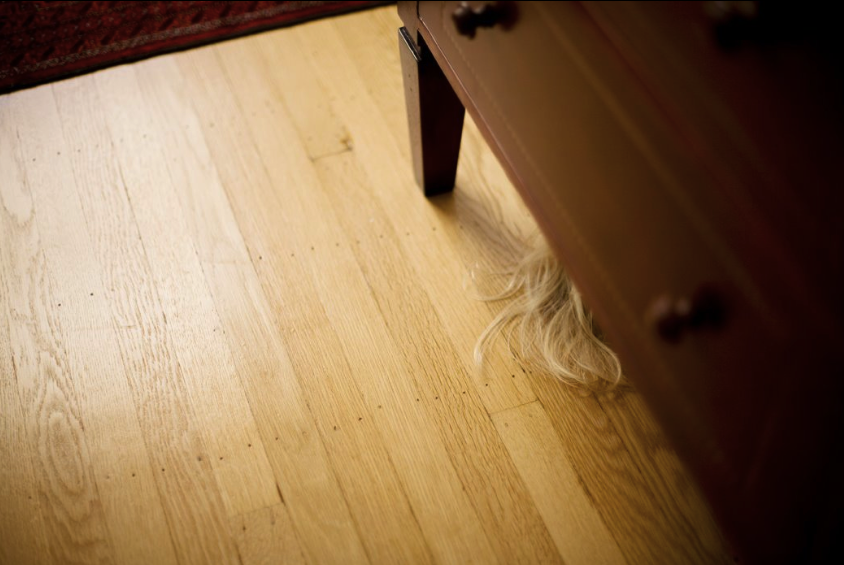Is Your Bearded Dragon Not Eating Worms? Here's What You Need to Know
Is Your Bearded Dragon Not Eating Worms? Here’s What You Need to Know

Bearded dragons are a popular choice for pets due to their friendly nature and low maintenance. However, as an owner, it can be concerning when your bearded dragon refuses to eat worms. Here’s a guide to help you understand why your bearded dragon is not eating worms and what you should do to keep your pet healthy.
Why Is My Bearded Dragon Not Eating Worms?
There are several reasons why a bearded dragon may refuse to eat worms. Some of the common reasons are:
- Incorrect temperature of the enclosure
- Stress or anxiety
- Illness or disease
- Digestive problems
- Presence of parasites

It’s important to identify the root cause of the issue to ensure that your pet gets the right treatment.
What You Should Do if Your Bearded Dragon is Not Eating Worms?
If your bearded dragon has stopped eating worms, there are a few things you can do to remedy the situation.
Check the Temperature of the Enclosure
Bearded dragons require a specific temperature range to digest their food. If the temperature of the enclosure is too low, it may affect their appetite. Make sure that the temperature of the basking spot is around 100°F to 110°F for an adult bearded dragon and 105°F to 115°F for a juvenile. The cooler end of the enclosure should be around 80°F to 85°F. Install a thermometer to monitor the temperature in the enclosure.
Reduce Stress and Anxiety
Bearded dragons are sensitive creatures and can experience stress or anxiety due to various reasons. Some common factors that can cause stress in bearded dragons are the presence of a new pet, loud noise, handling, and a dirty or overcrowded enclosure. It’s important to provide your pet with a calm and comfortable environment. Provide hiding places, a clean enclosure, and limit handling.

Rule Out Illness or Disease
If your bearded dragon has not eaten for several days, it’s possible that they are experiencing an illness or disease. Common symptoms of an underlying issue include lethargy, diarrhea, and vomiting. Take your pet to a veterinarian who specializes in reptiles as soon as possible. They will perform a physical examination and run tests to identify the issue and provide treatment.
Offer Different Foods
Sometimes, your bearded dragon may simply be bored with their food choices. Try offering different foods such as crickets, dubia roaches, mealworms, or beetles. However, it is important to note that worms should still be a part of their diet as they are an excellent source of protein.
Conclusion
In conclusion, if your bearded dragon is not eating worms, it’s important to determine the underlying cause and take the necessary steps to address it. As a responsible pet owner, you should regularly monitor your bearded dragon’s behavior and health, and provide them with the necessary food, shelter, and care they need to thrive.
